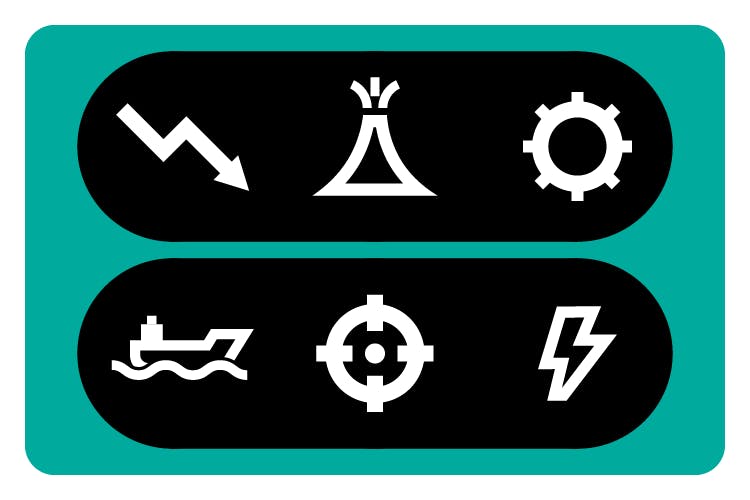The Schneider LC1F330 TeSys F contactor is a robust and reliable switching device designed to manage motor operations and resistive loads in industrial settings. This contactor is equipped with three poles and three normally open (NO) contacts, ensuring efficient connectivity for your power circuits. With a rated operational voltage of up to 1000 V AC at 50/60 Hz and up to 460 V DC, it is versatile for a wide range of applications.
The LC1F330 is capable of handling a rated operational current of 400 A at 40°C in AC-1 utilisation category and 330 A at 55°C in AC-3 utilisation category, making it suitable for controlling motors with power ratings up to 160 kW at 380...400 V AC in AC-3 category. It also has a high breaking capacity and short-time withstand current rating, ensuring it can handle high inrush currents and short circuits without damage.
Designed with safety and durability in mind, the LC1F330 has an IP20 degree of protection, ensuring that the front face with shrouds is safeguarded against touch and foreign objects. The contactor's robust construction allows it to withstand mechanical stresses, such as vibrations and shocks, maintaining reliable operation even in demanding industrial environments.
The LC1F330's compact dimensions, with a height of 213 mm, a width of 206 mm, and a depth of 219 mm, make it suitable for installation in tight spaces, while still providing the necessary power handling capabilities for heavy-duty applications. Its compliance with international standards, including IEC and EN, assures users of its quality and performance.
This contactor is a Green Premium product, reflecting Schneider Electric's commitment to providing environmentally friendly and sustainable solutions. It is designed with consideration for end-of-life disposal, ensuring it meets European Union waste collection requirements.
Overall, the Schneider LC1F330 TeSys F contactor is a high-performance solution for industrial automation systems, offering reliability, efficiency, and compliance with environmental standards.






